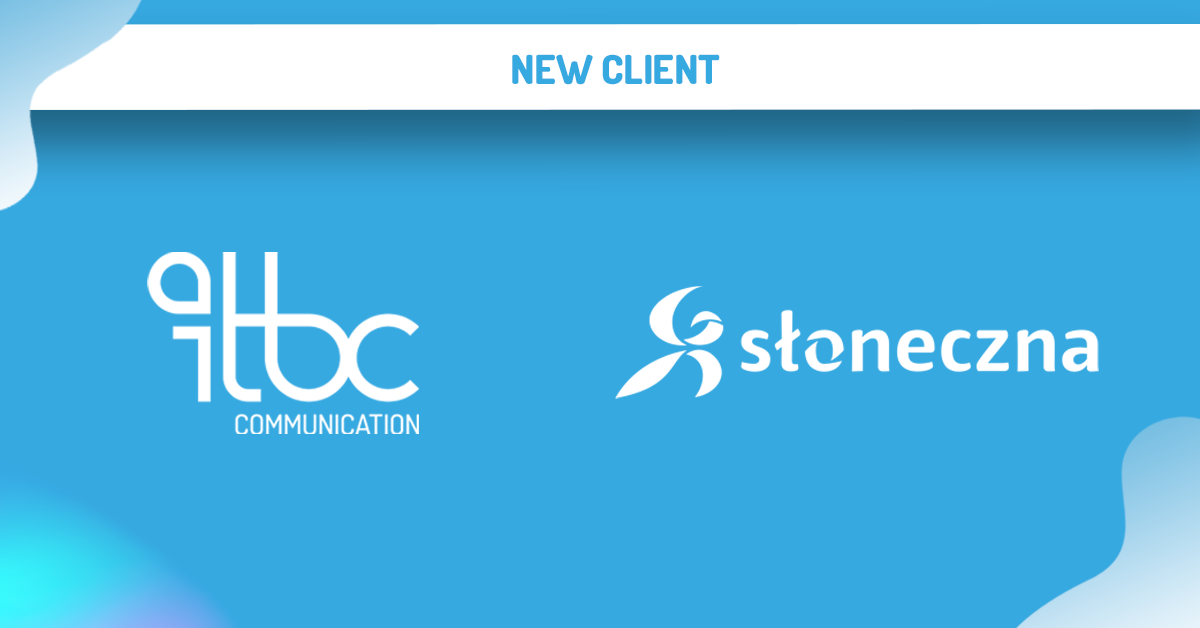Results of SW Research study commissioned by ITBC Communication.
The last 25 years have brought revolutionary changes in communications, mainly due to the rapid development of technology, which has forever changed the way companies, brands and people interact with each other. According to research conducted by SW Research on behalf of ITBC Communication, the introduction of broadband Internet and the development of mobile telephony have revolutionized business communications. These two technologies have completely transformed the way organizations interact with customers and partners, enabling direct, instant access to information and more accurate analysis of customer needs.
“Over the 25 years we’ve been in the market, we’ve seen how companies’ expectations for speed, efficiency and accuracy of communication have increased. The development of digital tools and platforms has made it necessary for brands to respond instantly, and communication has become a continuous process based on engagement and dialogue with customers. Companies today expect not only an effective message, but also its high quality and authenticity, which can build trust and positive brand image” – said Beata Lewandowska, CEO of ITBC Communication, an agency celebrating its 25th anniversary this year.
But modern communication is not just about technology – values such as empathy, authenticity and relationship skills remain the key. More than 80% of respondents believe that creativity and strategic thinking are essential for the work of PR professionals, as these skills are difficult to automate.
Communication of the future – more personalized and audience-focused
68% of respondents believe that by creating a company’s image, we strengthen its business resilience in the event of an economic downturn. More than half of the respondents agree with the statement that a communication strategy is the basis for effective building of a company’s value, and by creating a company’s image we secure it against the loss of public trust in a moment of crisis.
Predictions for the future point to further personalization of brand communications. 82% of those surveyed agree that brands will create more personalized content, tailored to the needs and preferences of their audiences, and in the age of artificial intelligence, creative thinking and strategic planning will become key skills for communications professionals. AI can make it easier to segment audiences and deliver precisely targeted content, but managing crisis situations or building lasting relationships with customers, where intuition and empathy often play a huge role, will remain the domain of humans.
“The rapid pace of technological change can lead to the transformation and elimination of traditional job roles, forcing companies to adapt to new conditions” – emphasises Beata Lewandowska from ITBC Communication. As many as 82% of respondents believe that the PR profession will gain in importance in the future, but its role will change. Marketers and PR professionals will be needed to create personalized, authentic campaigns and transform available data into working strategies.
Credibility and content quality key to the future of communications
With the rapid development of technology and the increasing role of AI, the future of communications will require not only fine-tuned content, but also high quality and credibility. The creation of valuable content by experts and authorities in a given industry will become crucial, and authentic messages will become more important.
Modern communications, therefore, poses new challenges for professionals, but also offers tools that can support and improve daily work. Are we in for a further technological revolution in the coming decade? We don’t know, but one thing is certain – the foundation of effective communication will remain people and their ability to engage in empathetic, thoughtful and authentic dialogue with the public.
The survey “(R)evolution of business communications: 25 Years of Change” was conducted in July 2024 by the research company SW Research on behalf of ITBC Communication, using the CATI method on a group of heads of communications and marketing departments in medium and large companies. The purpose of the survey was to determine the changes that have taken place in business communications and PR and marketing areas over the past 25 years. In addition, the survey aimed to identify current business expectations of PR and marketing professionals.
ITBC Communication, as a marketing communications agency, has been helping companies for 25 years to in effectively reaching their audiences. Understanding consumer needs, analysing trends and adapting messages to rapidly changing market preferences are among the of the main areas in which the agency supports its clients.
 +48 22 250 49 10
+48 22 250 49 10 info@itbc.pl
info@itbc.pl Ul. Kaleńska 5, 04-367 Warszawa
Ul. Kaleńska 5, 04-367 Warszawa



 Back
Back



